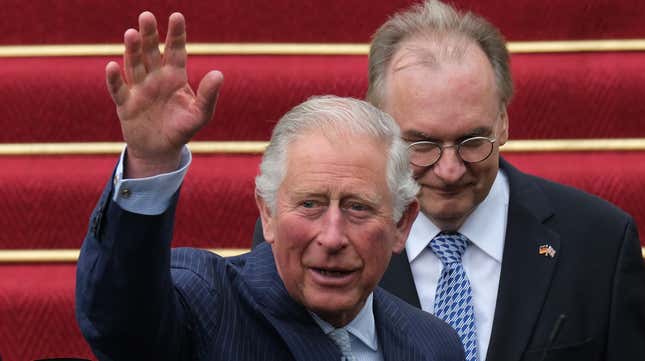Prince Charles Helped Protect an Old Friend After Sexual Abuse Allegations, Inquiry Concludes
Latest

An independent investigation has concluded that Prince Charles helped protect an old friend, former Anglican bishop Peter Ball, after Ball confessed to sexually abusing a novice.
The New York Times reported on the results of an inquiry into the way the church handled decades’ worth of allegations against Ball, who was first accused in 1969:
-

-

-

-

-

-

-

-

-

-

-

-

-

-

-

-

-

-

-

-

-

-

-

-

-

-

-

-

-

-

-

-

-

-

-

-

-

-

-

-








































